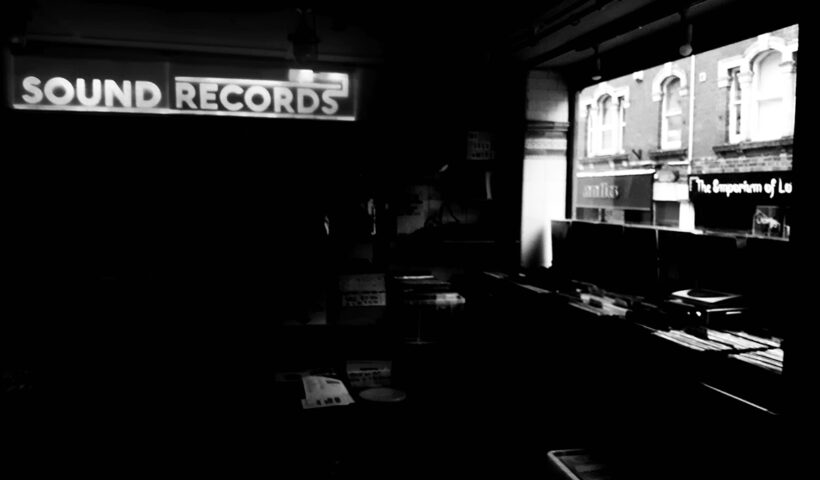In a recent short story/essay, Anarchic Artificial Intelligence, Louis Chude-Sokei considers the role of memory and history in formulating conceptions of futurity. Through the lens of emerging artificial intelligence (AI), Chude-Sokei illustrates how representations of potential futures remain tethered to our interactions with the past, retaining the power to reproduce and reinforce existing inequalities and power structures. In previous work, Chude-Sokei has drawn on depictions of robots and automata in cultural works to illustrate the gendered and racialized understandings of artificial life within Western conceptions of modernity. Using Caribbean sound cultures as a central reference, he charts the complex inter-relationship between machinic innovation and human power relations, illuminating porous borders between the human and non/in-human. Cultural production, and more specifically the production of sound, is centred as a vital (but not exclusive) sign of both humanity and intelligence. “They communicated in codes so powerful that their masters heard something like intelligence in the music they made” (Chude-Sokei n.pag.).
View More Archived Futures: Digging In The Crates Of Always
